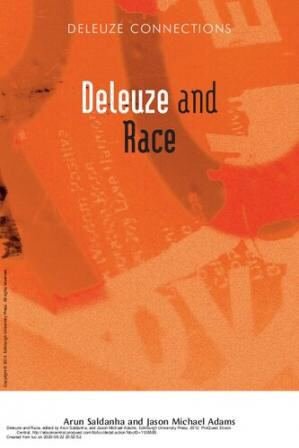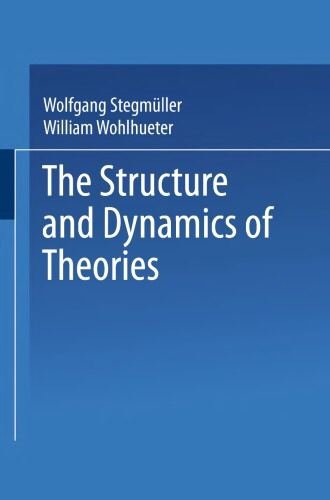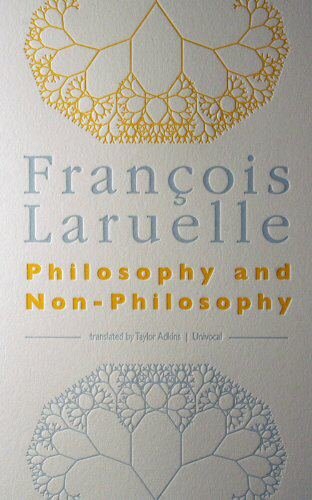

What Is Sex? by Alenka Zupančič
Private Book Reader
Upload and read your personal PDF books in our secure reader
Read Your Private BookShort Audio Book Summary
What Is Sex? by Alenka Zupančič Summary
0:00 / 0:00Reviews
No review yet. Be the first to review this book!
Description
What Is Sex? by Alenka Zupančič is a thought-provoking philosophical inquiry into the nature of sex, using psychoanalysis—particularly the theories of Jacques Lacan—and philosophy as its primary frameworks. Rather than approaching sex purely from a biological, sociological, or cultural perspective, Zupančič delves into sex as a fundamental philosophical problem, addressing its complexities, paradoxes, and significance in human existence. At its core, the book challenges the reduction of sex to biology or mere reproduction, and resists oversimplifications common in both scientific and cultural discourses. Zupančič argues that sex is not just something humans "do," nor is it an empirical fact of human anatomy and behavior. Instead, sex is a fundamental rupture or inconsistency at the very heart of being and subjectivity. It represents a point of non-knowledge, where symbolic structures (like language, meaning, and identity) fail to fully capture human experience. Drawing heavily on Lacanian psychoanalysis, Zupančič explores the notion of sexual difference as not simply a difference between two genders or sexes, but as a structural difference, a gap that marks the impossibility of a complete, harmonious relationship between subjects. She famously engages with Lacan’s controversial phrase “there is no sexual relationship,” unpacking it to argue that human sexuality is defined by a lack of symmetry and completeness, and that this lack structures our desires and subjectivities. The book also examines the role of fantasy and desire in human sexuality, emphasizing how desire is not oriented toward satisfaction or biological need but toward what remains elusive and unattainable. Zupančič stresses that sex is a site of both profound enjoyment (jouissance) and fundamental frustration, which makes it philosophically significant as it disrupts any simple, stable notion of human identity. Furthermore, Zupančič critiques the contemporary obsession with identity politics surrounding gender and sexuality. While recognizing the importance of these discussions, she warns against reducing sex and sexual difference to identity categories, arguing instead that sexuality’s true radicality lies in its non-identity, its ability to destabilize fixed categories and reveal the limits of knowledge and representation. In summary, What Is Sex? is not a conventional book about sexuality but a rigorous philosophical and psychoanalytic engagement with the concept of sex as a structural and ontological problem. Zupančič invites readers to reconsider what sex means beyond its cultural, biological, or identity-based frameworks, suggesting that its significance lies in its capacity to open up the most fundamental questions about human existence, desire, and the limits of knowledge.














 May 03, 2025
May 03, 2025


.jpg)








.jpeg)





















.jpg)

.jpg)








.jpeg)

.jpg)
.jpeg)



.jpg)

.jpeg)









.jpg)
.png)


.jpeg)
.jpg)











































